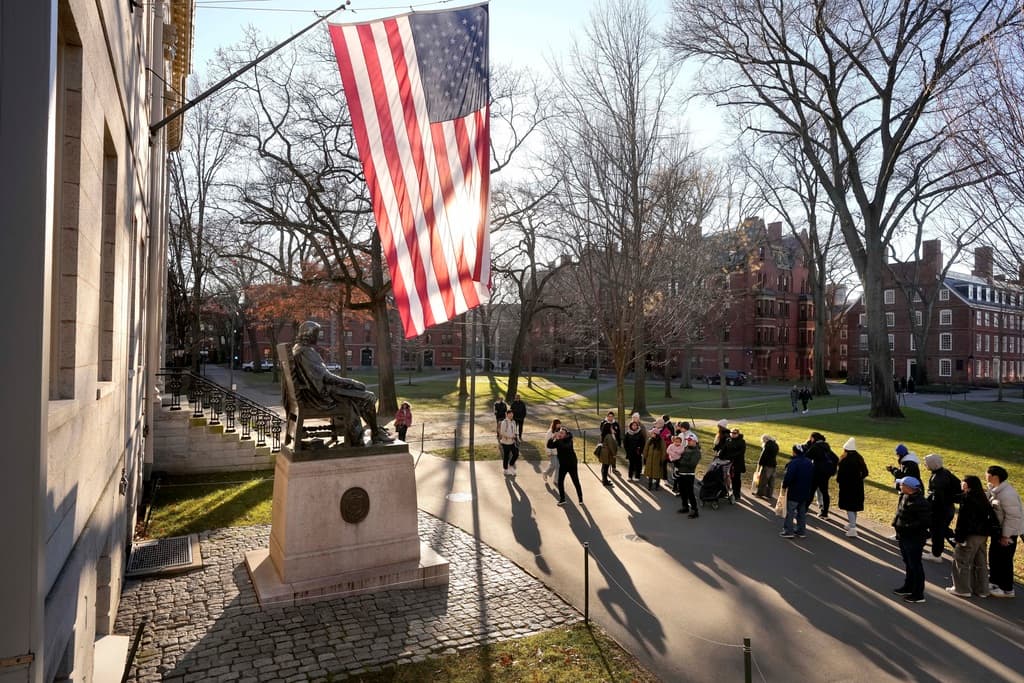Harvard Removes DEI Statements From Hiring Process, Issues New Requirements Focused on Service and Teaching
Dean Nina Zipser announces changes in hiring process after diversity, equity and inclusion standards come under scrutiny.

The Faculty of Arts and Sciences at Harvard will end its requirement for potential faculty to submit diversity, inclusion, and belonging statements (a variation of diversity, equity, and inclusion), according to a Monday announcement by Dean of Faculty Affairs and Planning Nina Zipser.
Ms. Zipser writes that she and the Dean of the Faculty of Arts and Sciences, Hopi E. Hoekstra, changed the policy after numerous faculty members said the requirements were “too narrow in the information they attempted to gather.” The faculty also expressed concern that the DEI statements could cause potential confusion for international candidates.
The DEI requirement mandated that all potential faculty describe their “efforts to encourage diversity, inclusion, and belonging, including past, current, and anticipated future contributions in these areas.”
New types of statements will take the place of the DEI ones, she said. Only candidates who become finalists will write a service statement discussing their “efforts to strengthen academic communities” and a teaching and advising statement on how they foster an “environment in which students are encouraged to ask questions and share their ideas.”
Though prior service statements have asked for description of diversity efforts, the new one will not. The new requirements will apply to both external hiring and internal promotions and procedural reviews.
Harvard, among other universities, has come under fire for its promotion of DEI, particularly after former President Claudine Gay failed to address campus antisemitism and her own academic plagiarism. Those failures led to her resignation less than a month after testifying in Congress last December.
While outsiders began wondering how much DEI among the faculty contributed to university protests this year, Harvard professors began raising greater concerns about the DEI statements.
Harvard Professor Steven Pinker wrote that DEI statements “purge the next generation of scholars of anyone who isn’t a woke ideologue or a skilled liar.”
Harvard Law Professor Randall Kennedy also wrote that such a litmus test must be abandoned. Even Professor Edward Hall, who generally supported DEI statements, criticized the expectation of devotion to “equity-based teaching.”
The DEI statements have been scrapped from the hiring process, but Ms. Zipser still found a way in her announcement to integrate diversity and inclusion language into faculty priorities. She writes, “This broader perspective acknowledges the many ways faculty contribute to strengthening their academic communities, including efforts to increase diversity, inclusion, and belonging.”

